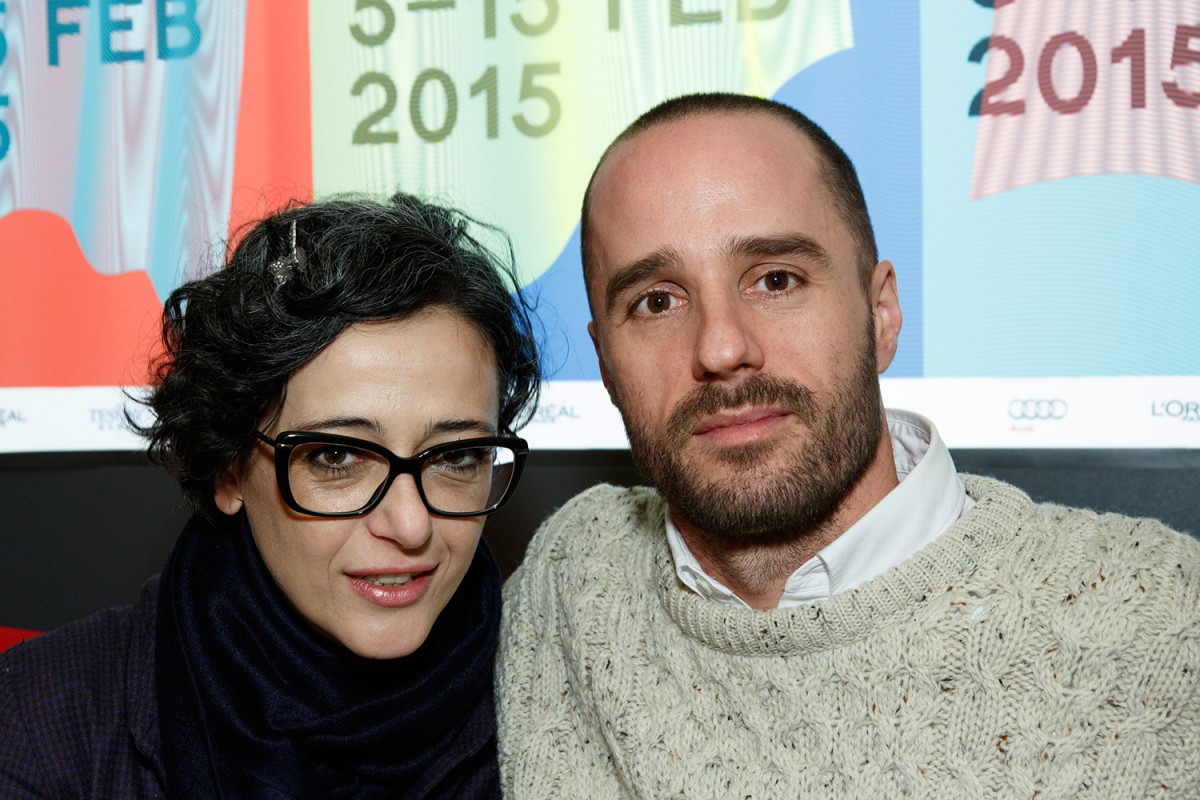Three Latin American films were presented with Teddy Awards -the Berlinale’s international award for films with LGBT topics- this evening in Berlin. Nasty Baby by Chilean director Sebastián Silva won the top award for Best Feature Film; the Uruguayan film El hombre nuevo / The New Man by Aldo Garay received the award for Best Documentary; and the Chilean film San Cristóbal by Omar Zúñiga Hidalgo won the award for Best Short Film.
Silva’s Nasty Baby follows Freddy (played by Silva himself), an artist whose desire for a baby has become something of an obsession. He surrounds himself with photographs of his childhood and is working feverishly on a fresh piece about newborns. He and his partner Mo have even managed to persuade their best friend Polly to have their baby. However, after numerous failed attempts to conceive, this proves to be more difficult than they first envisaged.
Freddy’s planned video installation also turns out to be rather more complicated than he thought. And then, when the ‘Bishop’, their rather deranged neighbor, begins tormenting them with his serious chicanery, their hitherto carefree existence starts to go dangerously awry. A series of surprising events brings their frustrations to a head and before long, Freddy and his friends begin to lose their grip on reality.
Garay’s The New Man had its world premiere in the Panorama competition of the festival. At the tender age of twelve, Roberto supported the Sandinista revolution in Nicaragua and fought for education and social reforms. He was to continue his political struggle fighting alongside the communist Tupamaros in Uruguay. Thirty years later he is struggling to live his life as a woman named Stephanía and striving to be accepted by both society and his family.
Documentary filmmaker Aldo Garay has followed Stephanía for over twenty years. In The New Man he provides a personal and tender portrait of a woman who can look back on a tempestuous life in which violence, drugs, prostitution and political commitment all found its place.
In Zúñiga’s San Cristóbal two young men -Lucas and Antonio- meet and fall in love in a remote fishing village in the south of Chile. One lives there, the other is visiting. Sensuality dictates the pace of the narrative and the lives of both in the days to follow: being one another’s mirror. Recognizing one another. Yielding to one another. When the village rebels against their love, the experience of this limitation marks a momentous step in Lucas’ and Antonio’s adulthood.
Since the award was first given in 1987, several Latin American filmmakers have won the award. Last year Brazilian director Daniel Ribeiro won the Teddy Award for Best Feature Film last year for his debut feature film The Way He Looks / Hoje Eu Quero Voltar Sozinho.




